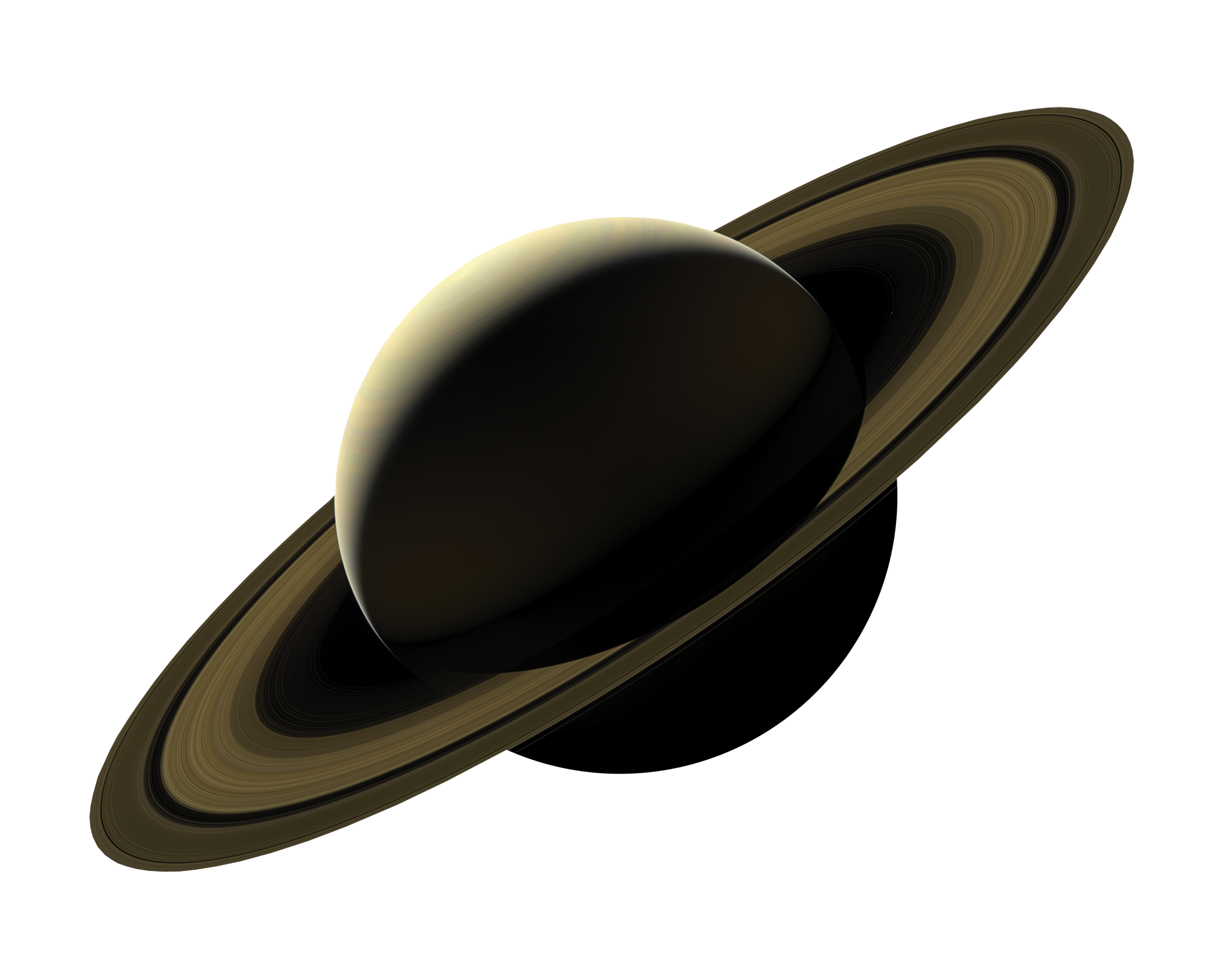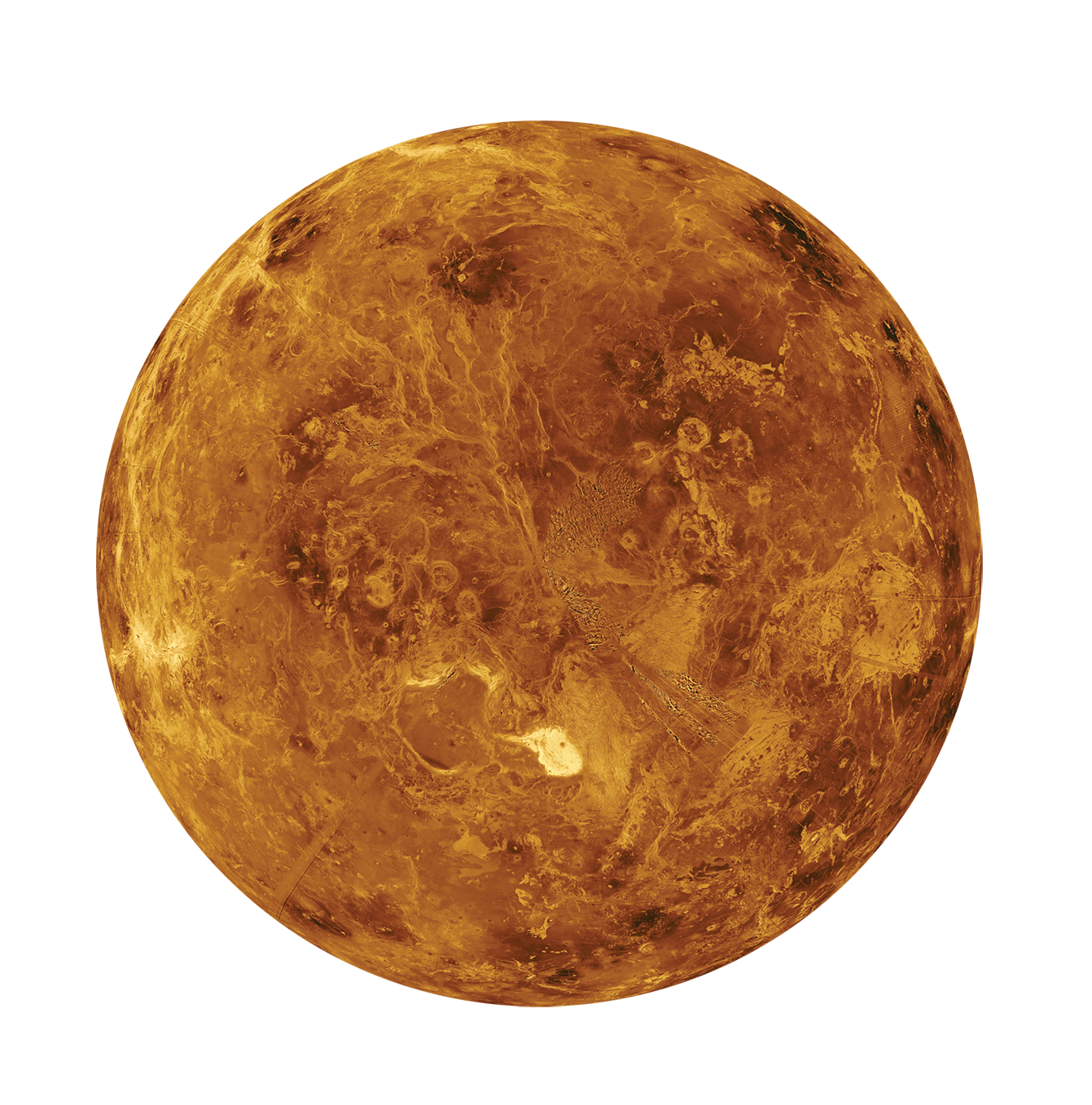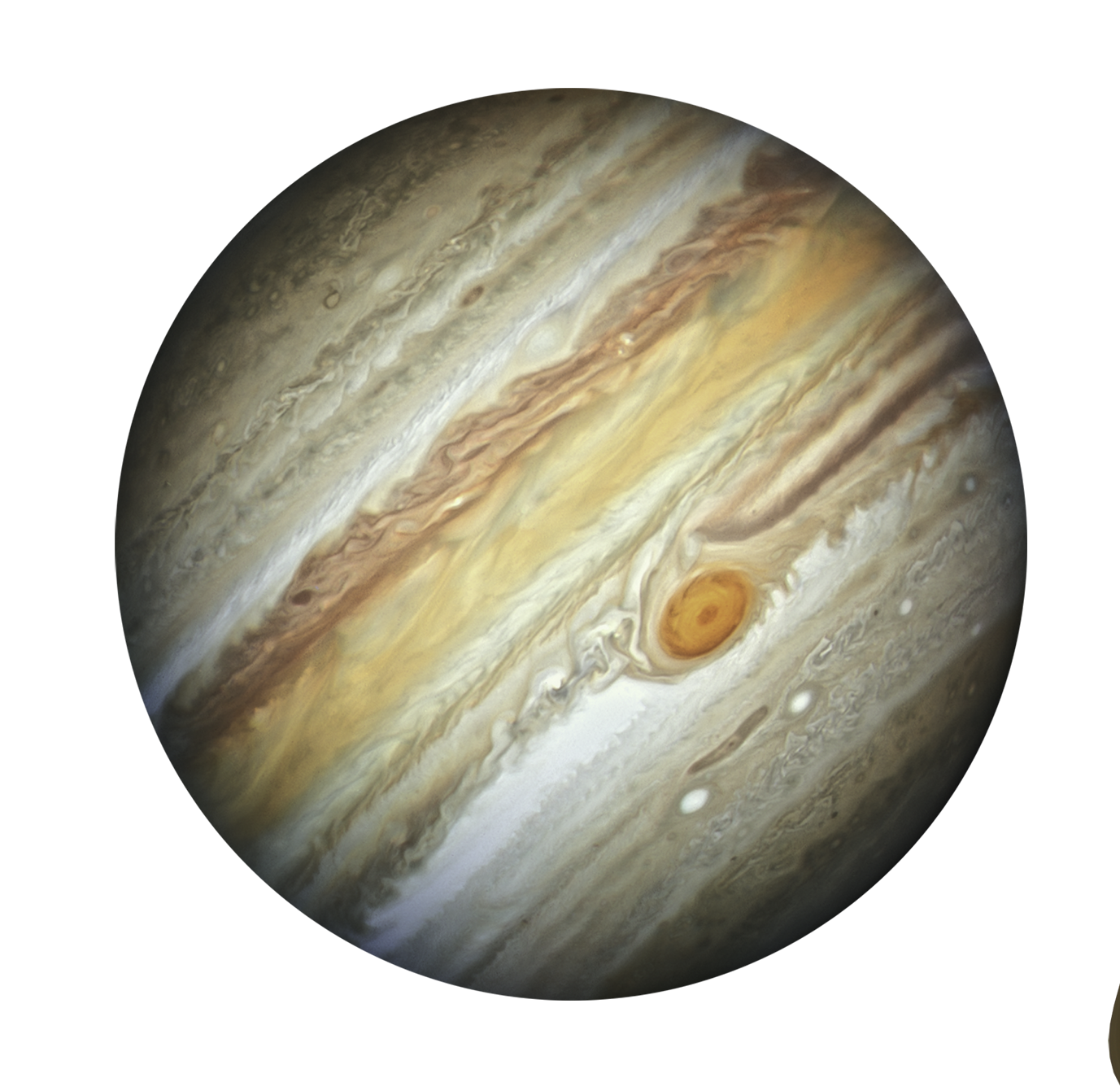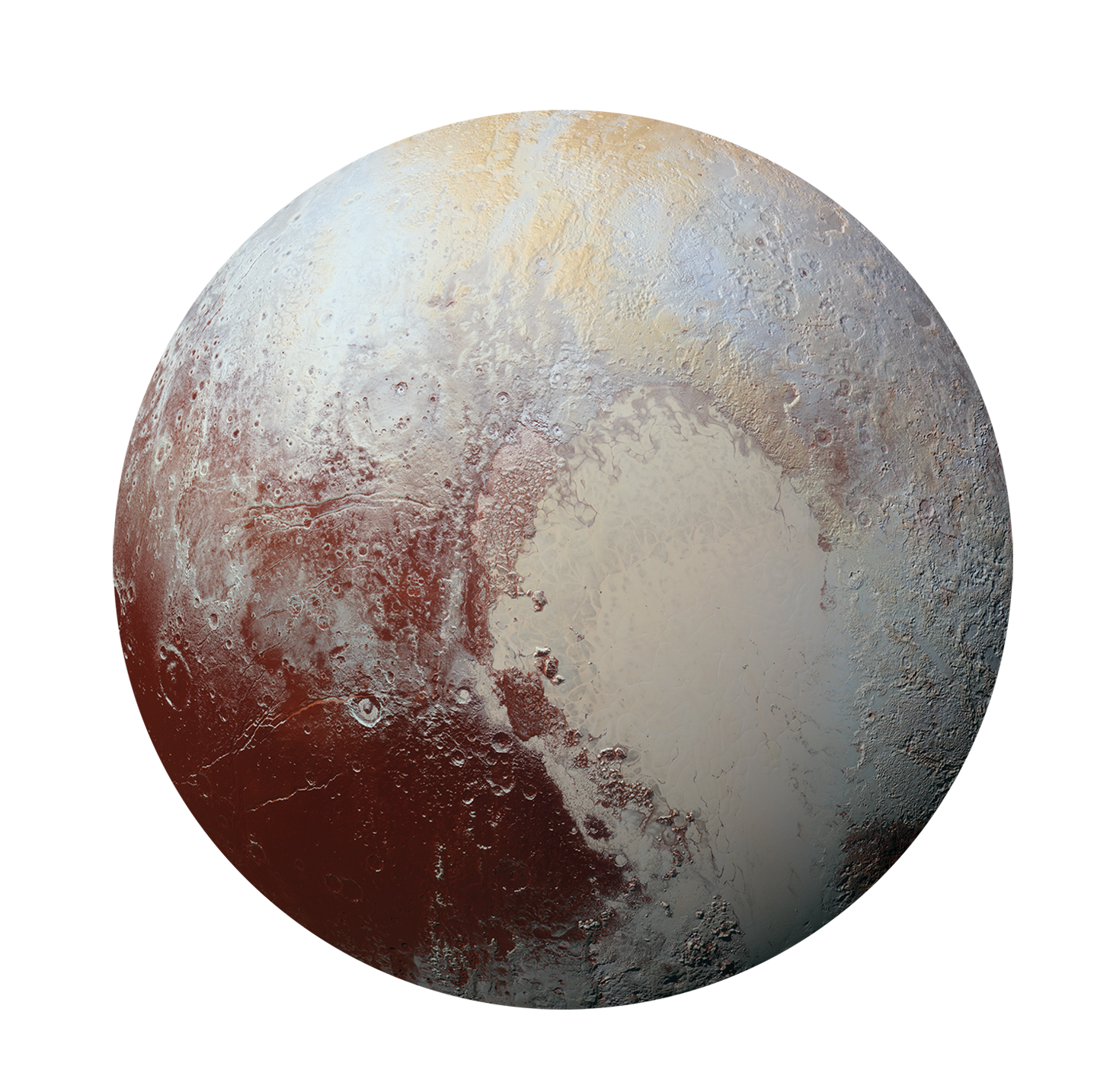
Astrology is a complex system of divination that has been in use for thousands of years, and has captured the imaginations of people from all walks of life. Central to this practice are the planets, which are seen as powerful symbols that influence human behavior, personality traits, and life experiences. In astrology, the word "planet" also includes the moon and sun. Each planet is associated with a unique set of attributes and characteristics, and their placement in a person's birth chart can provide valuable insights into their personality, talents, and potential challenges. Understanding the importance of planets in astrology is essential for anyone seeking to gain a deeper understanding of themselves and others, and to navigate the complexities of life with greater awareness and insight. We will explore the significance of the planets in astrology and the ways in which they impact our lives.
Sun

In astrology, the Sun represents the fundamental essence of a person's identity and individuality. It is often referred to as the "life-giving" force, as it is the center of our solar system and provides us with warmth, light, and energy. The Sun is also associated with the masculine principle, leadership, and vitality.
The placement of the Sun in a person's birth chart is considered to be one of the most important factors in astrology, as it represents the core of their personality and character. It determines a person's zodiac sign, which is based on the position of the Sun at the time of their birth. The sign in which the Sun is placed can reveal much about a person's strengths, weaknesses, and overall approach to life.
Additionally, the Sun is associated with the conscious mind, and its placement in a person's chart can indicate their level of self-awareness, confidence, and sense of purpose. It is said that those with a strong Sun placement are able to express themselves creatively and effectively, and often have a strong sense of personal identity and purpose in life.
Overall, the Sun represents the vitality, individuality, and conscious self-expression of an individual, and its placement in a birth chart can provide valuable insights into a person's character and life path.
Mercury

In astrology, Mercury represents communication, learning, and the thought process. It is often referred to as the "messenger" planet, as it governs all forms of communication, including writing, speaking, and thinking. Mercury is also associated with intellect, logic, and adaptability.
The placement of Mercury in a person's birth chart is considered to be a crucial factor in understanding their communication style and mental capacity. It determines a person's Mercury sign, which is based on the position of Mercury at the time of their birth. The sign in which Mercury is placed can reveal much about a person's mental agility, learning style, and approach to communication.
Additionally, Mercury is associated with technology, commerce, and transportation. Its placement in a person's chart can indicate their ability to adapt to new technologies, their business acumen, and their mobility. It is said that those with a strong Mercury placement are able to think quickly on their feet, express themselves articulately, and navigate through life's challenges with ease.
Overall, Mercury represents the communication, learning, and thinking process of an individual, and its placement in a birth chart can provide valuable insights into a person's mental capacity and approach to communication.
Mars

In astrology, Mars represents action, energy, and passion. It is often referred to as the "god of war" and is associated with physical strength, assertiveness, and courage. Mars is also associated with the masculine principle, ambition, and determination.
The placement of Mars in a person's birth chart is considered to be a crucial factor in understanding their energy levels and approach to achieving their goals. It determines a person's Mars sign, which is based on the position of Mars at the time of their birth. The sign in which Mars is placed can reveal much about a person's approach to conflict, their competitive nature, and their ability to take action.
Additionally, Mars is associated with sexuality and desire. Its placement in a person's chart can indicate their sexual energy, their ability to assert themselves in relationships, and their approach to fulfilling their desires. It is said that those with a strong Mars placement are able to channel their energy and passion into productive pursuits, and are not afraid to take risks in order to achieve their goals.
Overall, Mars represents the action, energy, and passion of an individual, and its placement in a birth chart can provide valuable insights into a person's approach to conflict, achievement, and desire.
Saturn

In astrology, Saturn represents structure, discipline, and responsibility. It is often referred to as the "taskmaster" and is associated with hard work, limitations, and delays. Saturn is also associated with the masculine principle, wisdom, and karmic lessons.
The placement of Saturn in a person's birth chart is considered to be a crucial factor in understanding their approach to responsibility and achievement. It determines a person's Saturn sign, which is based on the position of Saturn at the time of their birth. The sign in which Saturn is placed can reveal much about a person's approach to responsibility, their work ethic, and their ability to overcome challenges.
Additionally, Saturn is associated with time, maturity, and authority. Its placement in a person's chart can indicate their level of self-discipline, their respect for authority, and their ability to delay gratification in pursuit of long-term goals.
It is said that those with a strong Saturn placement are able to overcome obstacles and achieve success through hard work and perseverance. However, they may also struggle with feelings of inadequacy or limitations. Overall, Saturn represents the structure, discipline, and responsibility of an individual, and its placement in a birth chart can provide valuable insights into a person's approach to achieving their goals and handling challenges.
Neptune

In astrology, Neptune represents imagination, intuition, and spirituality. It is often referred to as the "planet of dreams" and is associated with creativity, psychic ability, and transcendence. Neptune is also associated with the feminine principle, empathy, and compassion.
The placement of Neptune in a person's birth chart is considered to be a crucial factor in understanding their approach to spirituality and creativity. It determines a person's Neptune sign, which is based on the position of Neptune at the time of their birth. The sign in which Neptune is placed can reveal much about a person's creative potential, spiritual aspirations, and intuitive abilities.
Additionally, Neptune is associated with fantasy, illusion, and addiction. Its placement in a person's chart can indicate their tendency towards escapism, their vulnerability to deception, and their approach to addiction and recovery.
It is said that those with a strong Neptune placement are able to tap into their imagination and intuition, and may be gifted in creative fields such as art, music, or poetry. They often have a deep sense of empathy and compassion for others, but may also struggle with issues related to addiction or disillusionment.
Overall, Neptune represents the imagination, intuition, and spirituality of an individual, and its placement in a birth chart can provide valuable insights into a person's approach to creativity, spirituality, and addiction.





